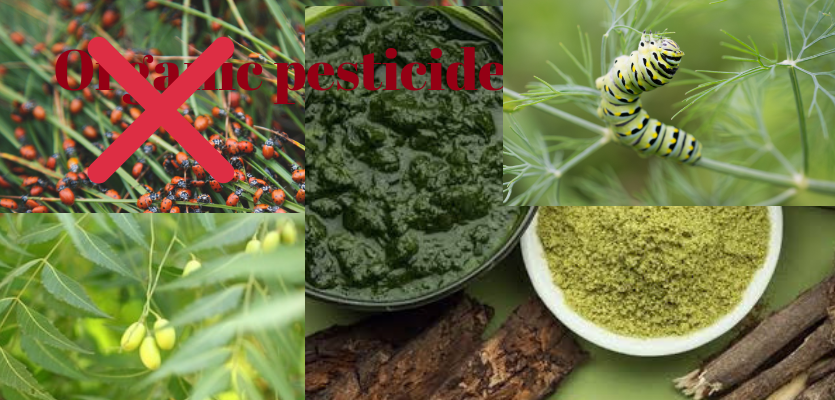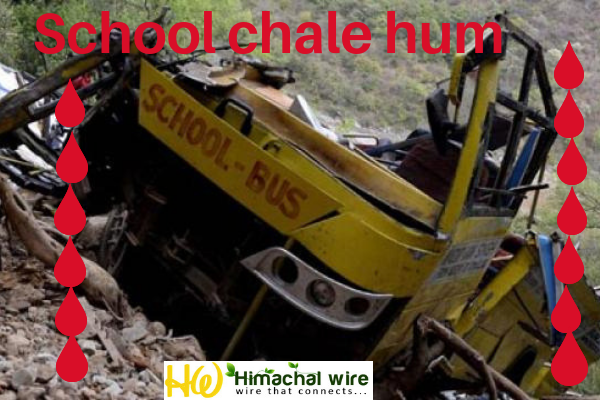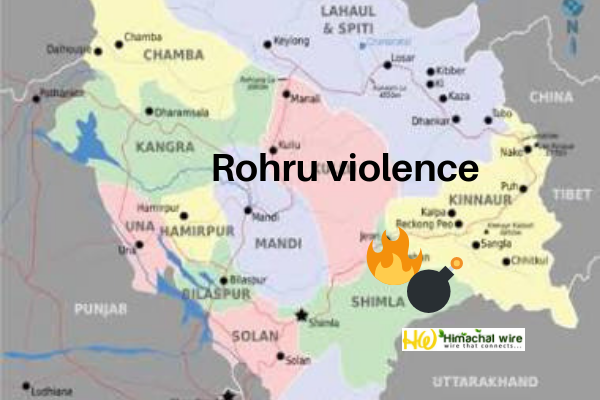India has several plants and trees, which can be immensely helpful in preparing environmentally friendly organic pesticides. These can act as a viable, economic and eco-friendly substitute for harmful chemical pesticides.
This suggestion besides several other alternative approaches in disease management was given by scientists from various parts of the country during the National Symposium on ‘Alternative Approaches in Plant Health Management for Enhancing Farmers’ Income’ that concluded at Dr YS Parmar University of Horticulture and Forestry (UHF), Nauni .
UHF In the symposium ,Dr HR Gautam, Professor and Head, Department of Plant Pathology, stressed on the need to utilize the untapped potential of botanical pesticides, which are quite effective for the management of diseases. He shared that, India has over two crore neem (Azadirachta indica) trees, which can yield up 80000 tonne oil and can be effectively used to check the attack of pests and diseases.
In addition, there are over 1000 plant species exhibiting insecticidal properties, 384 with antifeedant properties, 297 with repellent properties, 27 with attractant properties and 31 with growth inhibiting properties.
There are more than 200 plant species, which have been reported to have anti-microbial properties against important pathogens of different crops. Emphasis on disease forecasting to reduce the losses due to pests was also suggested during the symposium.
In apple, Massonina blotch is continuing to be a serious disease.The need for adopting the spray schedule of apple was also underlined. Dr G Manjunath from Horticulture University, Bagalkot (Karnataka) suggested an eco-friendly strategy of disease management for pomegranate where farmers are presently applying more than 12 sprays.
Dr Sanjeev Sharma from CPRI Shimla gave an effective model of disease forecasting for potato, which can substantially reduce the losses.
Dr PN Sharma, former Professor and Head from Department of Plant Pathology, CSK Palampur talked about molecular approaches for the diagnosis of viral diseases which have grown in serious proportions over the years. Dr DK. Banyal gave a detailed account of the wheat disease with effective measures of management of diseases like yellow rust and loose smut prevalent in our state Himachal Pradesh.
Farmers raised various issues related to the disease problems in apple, capsicum in polyhouses and diseases in other crops. The recommendation that emerged from the session was that rational utilization of resources along with mixed cropping which can be a tool to manage plant health and enhance their incomes.
A suggestion, which was given by some of the farmers, was the formation of cooperatives and contribution from the farming community to fund agricultural research in the universities/institutes.
UHF Vice-Chancellor Dr HC. Sharma outlined the need for quality research to bring excellence which could be channelized into effective technologies to the farmers. He also emphasized the need for molecular approaches for incorporating desirable genes in the crops for developing good varieties.
Former Member of Planning Commission and Ex-Director General of ICAR Prof. VL. Chopra emphasized the need for strengthening of the extension services to take the technologies effectively to the field. He exhorted the scientists to develop effective alternative approaches of plant disease management to reduce the use of chemical pesticides in agriculture so that healthy food is available to the consumers.





All these researcher should come to ground only then growers wil get benifitted. Simply writings papers r of no use to us
It is extremely important to eliminate use of potentially harmful chemicals in day to day life especially in food we eat.
There is a need for greater initiative and funds in this area.